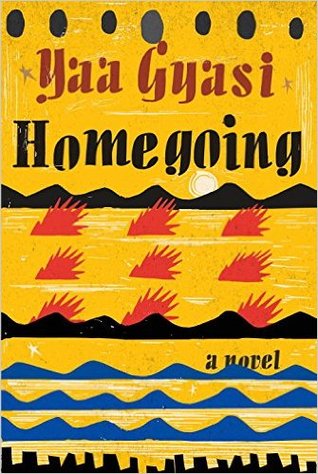 As Sonny passed the projects that filled the distance between his apartment and Willie’s, he tried to remember the last time he’d really spoken to his mother. It was 1964, during the riots, and she had asked him to meet her in front of her church so that she could lend him some money. “I don’t want to see you dead or worse,” she’d said, passing Sonny what little change hadn’t made it into the offering plate. As he took the money, Sonny had wondered, What could be worse than dead? But all around him, the evidence was clear. Only weeks before, the NYPD had shot down a fifteen-year-old black boy, a student, for next to nothing. The shooting had started the riots, pitting young black men and some black women against the police force. The news made it sound like the fault lay with the blacks of Harlem. The violent, the crazy, the monstrous black people who had the gall to demand that their children not be gunned down in the streets. Sonny clutched his mother’s money tight as he walked back that day, hoping he wouldn’t run into any white people looking to prove a point, because he knew in his body, even if he hadn’t yet put it together in his mind, that in America the worst thing you could be was a black man. Worse than dead, you were a dead man walking.
As Sonny passed the projects that filled the distance between his apartment and Willie’s, he tried to remember the last time he’d really spoken to his mother. It was 1964, during the riots, and she had asked him to meet her in front of her church so that she could lend him some money. “I don’t want to see you dead or worse,” she’d said, passing Sonny what little change hadn’t made it into the offering plate. As he took the money, Sonny had wondered, What could be worse than dead? But all around him, the evidence was clear. Only weeks before, the NYPD had shot down a fifteen-year-old black boy, a student, for next to nothing. The shooting had started the riots, pitting young black men and some black women against the police force. The news made it sound like the fault lay with the blacks of Harlem. The violent, the crazy, the monstrous black people who had the gall to demand that their children not be gunned down in the streets. Sonny clutched his mother’s money tight as he walked back that day, hoping he wouldn’t run into any white people looking to prove a point, because he knew in his body, even if he hadn’t yet put it together in his mind, that in America the worst thing you could be was a black man. Worse than dead, you were a dead man walking.
—Yaa Gyasi

